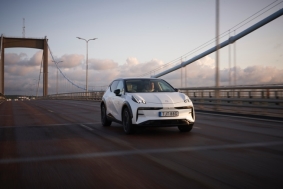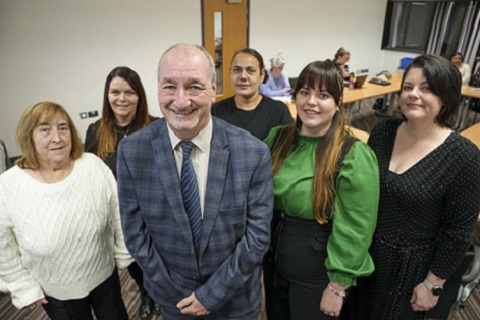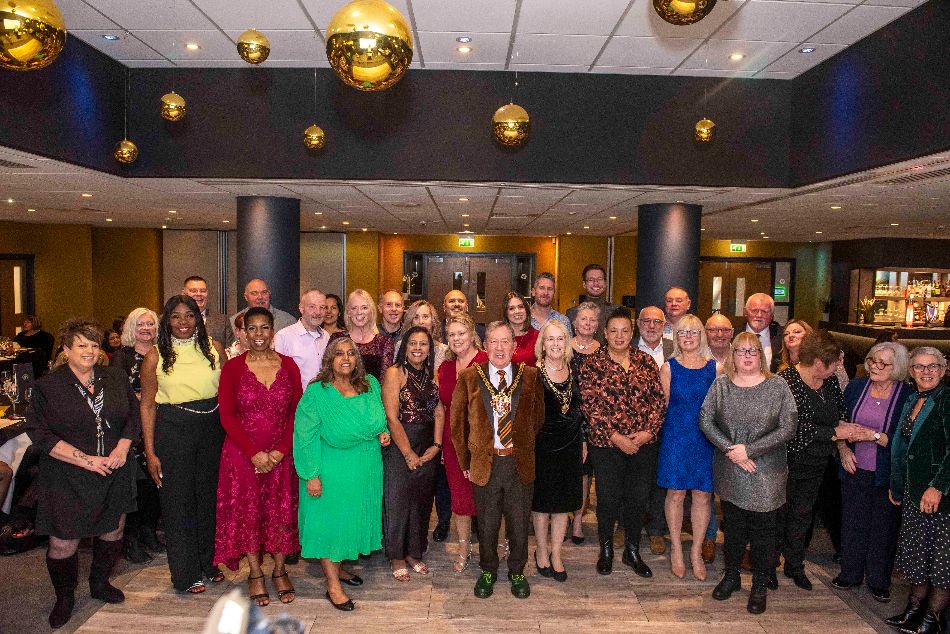Many parents in India cannot afford to buy Zolgensma and other SMA (Spinal Muscular Atrophy) drugs, with physiotherapy appointments alone costing up to 40,000 rupees ($480; £395) a month to combat the rare genetic disorder that causes muscle deterioration and affects breathing.
Given as a one-time dose, usually to children under the age of two, while there is no official data on the number of Indians with the disease, some figures show that SMA affects nearly 1 in 10,000 live-born babies - according to one study. One in 38 Indians are carriers of the faulty gene that causes SMA, compared with 1 in 50 people in the west.
While treatments for rare diseases are expensive everywhere, the government or health insurers cover the cost in some countries. The UK has made SMA medicines available through the National Health Service; Australia offers eligible patients subsidised access to expensive life-saving drugs.
In India, patients often turn to crowdfunding to access these treatments. But as the spotlight grows on rare genetic diseases, patients and their family members are coming together to put pressure on the federal government to bring down the cost of these drugs.
The country has a rare diseases policy which aims to provide financial help, but experts say it hasn't been implemented properly yet. SMA – which progresses over time, affecting a person's ability to walk, speak, eat and breathe - is one of the better-known rare diseases there.
"While SMA can't be cured, available treatments may slow down or stop the progression of the disease, prolonging a person's life and improving its quality," a child neurologist at the All India Institute of Medical Sciences in Delhi, Dr Sheffali Gulati, said. Some experts have, though, criticised pharmaceutical companies for unreasonable pricing of drugs for rare diseases, while others have argued that it helps manufacturers recoup the billions spent on research and development and fund future research.
Advocacy groups say there's scope to make treatment drugs cheaper in India. "We have been asking the government to strike a deal with the manufacturer," says Alpana Sharma, co-founder of CureSMA India, a parent-led advocacy group which has also petitioned the Delhi high court.
In July, the court directed the National Rare Diseases Committee - an expert panel it set up to implement India's rare diseases policy - to speak to manufacturers to see if SMA medicines could be procured at lower prices.












